Waterfront LIVING on Vancouver island
Vancouver Island is fast becoming one of the most sought after locations to find waterfront properties, Be it oceanfront or a lakefront property, dive into the realities of waterfront living as I unveil the many considerations that need to be taken in owning a shoreline home.
Wilderness At Your Door
Living on a waterfront property on Vancouver Island in British Columbia is a dream for many. The stunning views, the variety of wildlife at your doorstep, the soothing sounds of the water lapping the shoreline and the promise of a unique lifestyle.
Considerations for Ownership
Prospective buyers should take into account a variety of factors associated with owning seaside or lakefront real estate in this beautiful region. There are many items that deserve careful attention when acquiring a waterfront property.
Choosing between saltwater and lake water comes down to personal preference and lifestyle. Saltwater properties offer the tranquility of the ocean, while lakefront living provides a freshwater oasis. Consideration of water type can influence recreational activities, maintenance and overall satisfaction with the property.
Foreshore Leases for your dock
In British Columbia, the Province owns nearly all freshwater and saltwater foreshore. Land adjacent to the foreshore may be privately owned, but in common law the public retains the privilege or "bare licence" to access the foreshore. The foreshore lease refers to a legal agreement that grants a homeowner the exclusive right to use and occupy a specified area of foreshore.
The foreshore is the land between the high-water mark and the low-water mark along the shoreline. Understanding the regulations and rights associated with foreshore leases is crucial, as it directly impacts and regulates activities, development and structures along the shoreline.
Foreshore leases are typically granted for the construction of docks, piers, boathouses or any extensions in the water. These leases are issued by the provincial government and come with specific terms and conditions to ensure environmental sustainability and public access. Buyers need to navigate these waters with care to ensure compliance and avoid potential legal challenges.
Septic Systems
Seaside and lakefront properties may require specialized plumbing systems. Assessing the condition and capacity of septic systems as well as the proximity to your well or your neighbours well is essential.
Proximity to water bodies might influence the type of septic system that can be installed, making it vital to understand local regulations and environmental impacts. A reputable septic installer is required as they have the appropriate insurance and provincial certification to complete the work. Additionally depending on the site circumstances, a septic engineer may be required to design a system to mitigate potential environmental impacts.
WAter Systems
The irony of waterfront is that sometimes there can be challenges with your domestic water supply! Unless you are connected to a municipal or community water system you may have a Dug or Drilled Well on your property, Lake Intake or a Water Catchment system for your domestic water.
Most 'Well Water' will require some type of treatment for either hard or damaging minerals. Your well water filter system will protect your household from harmful contaminants that may be in the water. Yearly testing of your water via a total coliform bacteria, nitrates, total dissolved solids and pH levels are also recommended.
A 'Water Catchment System' is also a viable resource taking into consideration a metal roof and water containers for storage, typically 20,000 gallons could sustain a family of four through the dry months of the summer.
'Lake Intake' refers to the process of extracting water from a lake in replacement of a municipal water supply. This process involves the installation of intake structures consisting of pipes or channels that extend from the lake's shore to a specific depth within the lake to capture water and convey it directly to the user. There are often screens or filters incorporated to filter out debris, aquatic organisms and other particles.
Water Licenses
A water license focuses on the allocation and useage of water resources including surface water and groundwater. Water licenses are issued by the provincial government and are required for various activities such as water extraction for irrigation, industrial use or domestic purposes. A license will specify the conditions under which water can be withdrawn, used and returned to the water source. It also aims to manage and allocate water resources sustainably.
For lakefront properties, considerations may require extension to water sources. Understanding the feasibility and regulations surrounding lake intake systems is crucial for ensuring a sustainable and reliable water supply. This involves adhering to guidelines to protect the water quality of the lake and its ecosystem.
Oil tanks
Older waterfront properties may have oil tanks that can pose potential environmental risks. One of the significant concerns is the potential for leaks spills which can result in soil and water contamination.
A thorough inspection and understanding of regulations surrounding oil tanks are essential to prevent contamination and address potential liabilities. Property owners should be proactive in managing any risks to ensure the safety of the environment.
Setbacks from the shorEline
Regulations regarding setbacks from the shoreline aim to protect natural habitats and prevent erosion. Buyers should be aware of these restrictions and consider how they may impact property use and development plans.
Setbacks also include either the municipality or another administrative body ie: Islands Trust, CVRD, CRD putting in regulation around the removal of any trees on the foreshore by as much as 50m back from the waterfront.
Archaeological Impacts
With such a vast shoreline around Vancouver Island, there are often implications when building new on an existing property that could have potential significant archaeology finds.
Property owners must be mindful of potential archaeological impacts and adhere to regulations to protect cultural heritage. Archaelogical Impact Assessments (AIAs) are required where potential conflicts have been identified between archaelogical resources and proposed development. The Heritage Conservation Act protects unknown and recorded sites.
Prior to selling or purchasing a waterfront home (more generally on oceanfront than lakefront) a submission to the Ministry for guidance and disclosure may be required to determine any potential impacts. This process can prove to be beneficial in determining whether or not one wants to proceed with a purchase or sale.
SUMMARY
Regulations and resources can change so its essential to verify the current information from official sources. The Water Sustainability Act governs water use in British Columbia. Review the legislations and associated regulations to understand the legal framework for water rights and allocations. Check to see if there are any integrated water management plans in place for the specific lake or watershed you are considering. These plans may outline rules and guidelines for water use. Engage with professionals such as Hydrologists, Environmental Consultants or Water Resource Engineers for valuable insights.
Contact local convervation authorities, watershed management oranizations, and public authorities to ensure compliance with safety and quality standards. Reach out to the local municipal or regional district offices that can provide zoning regulations, permits and specific rules. In British Columbia, provincial government agencies often regulate water use.
While waterfront living within Greater Victoria or anywhere on Vancouver Island offers a unique and enchanting experience, it requires careful navigation of the complexities of foreshore leases, plumbing systems, environmental hazards, setbacks and more. Buyers can make informed decisions to turn their waterside dreams into a tangible reality.
Ultimately, prospective buyers should weigh the positives and negatives of waterfront living in Victoria & Vancouver Island. The unparalleled beauty and extraordinary lifestyle must be balanced against the potential challenges and responsibilities that come with waterside properties.
The resources below offer valuable local and provincial information.
Click on the logos for a direct link to their websites.
Front Counter BC
BC Ministry of Forests,
Land & Natural Resource Operations
Archaeological Impacts
The BC Water Tool
(data, water availability & sources)





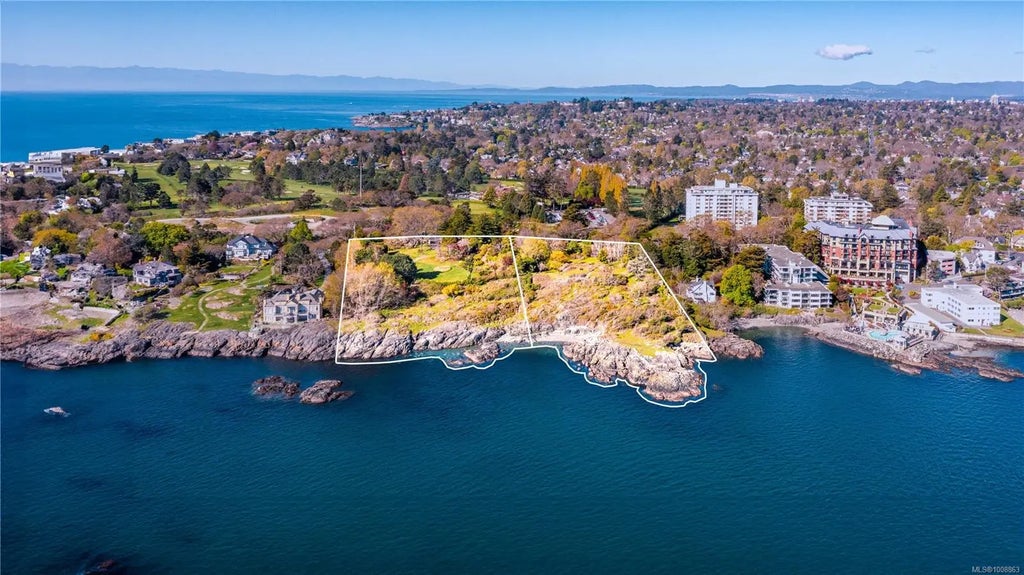

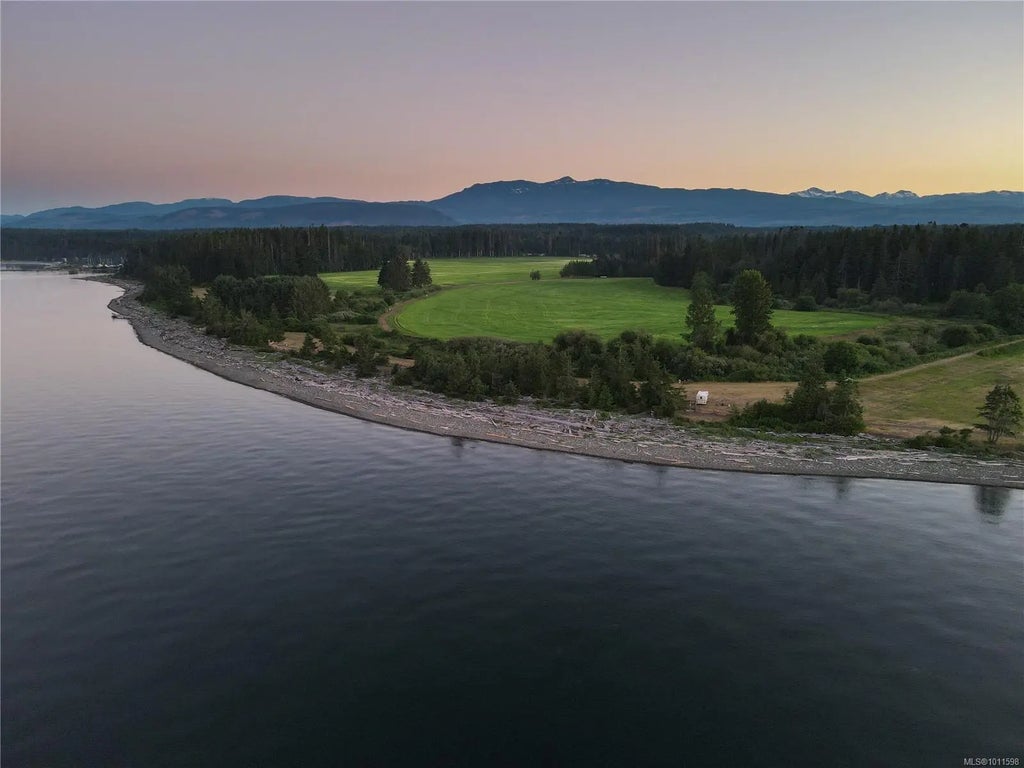
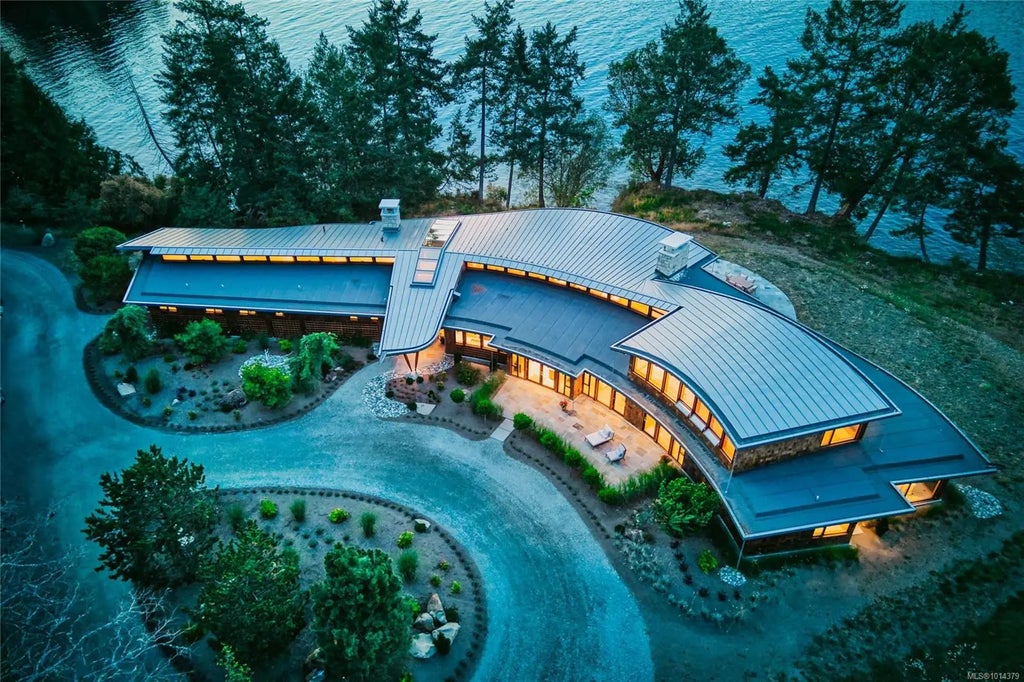
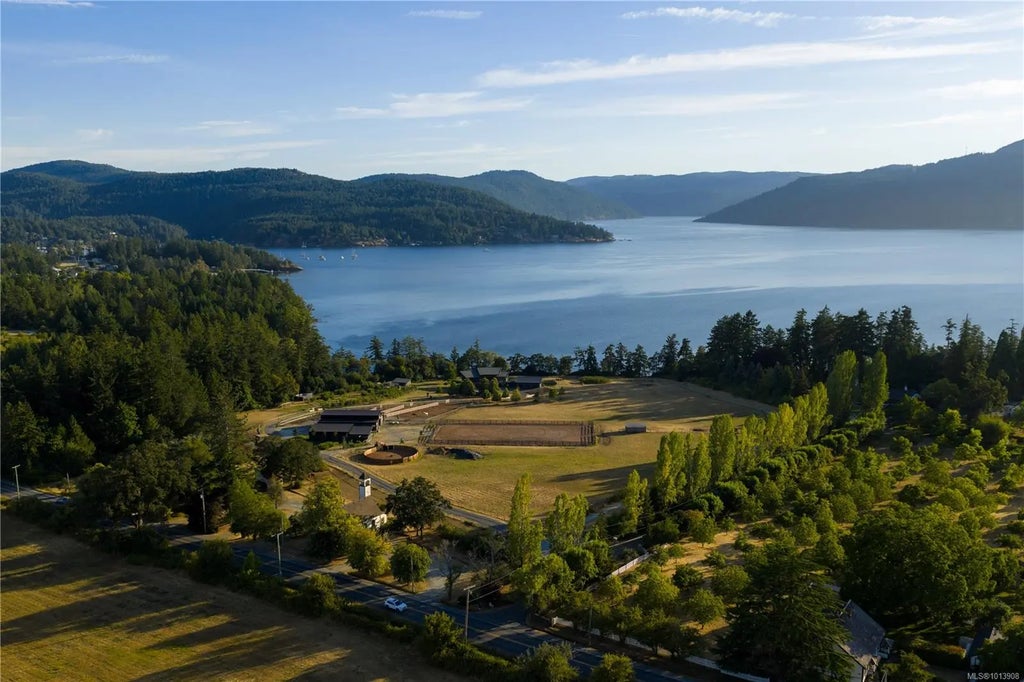
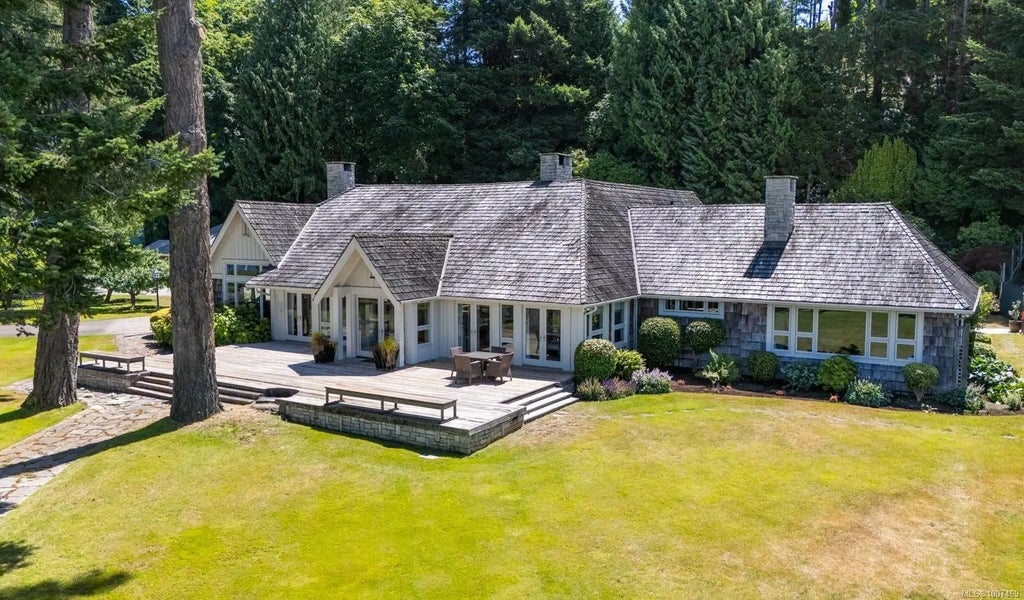
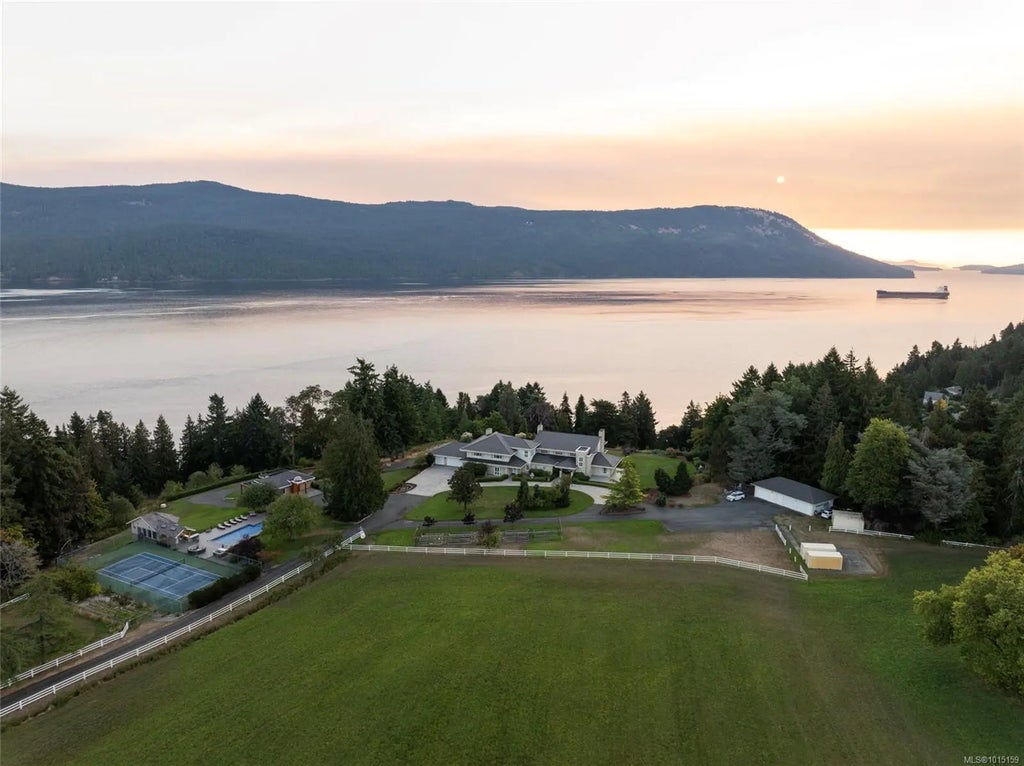
Leave A Comment